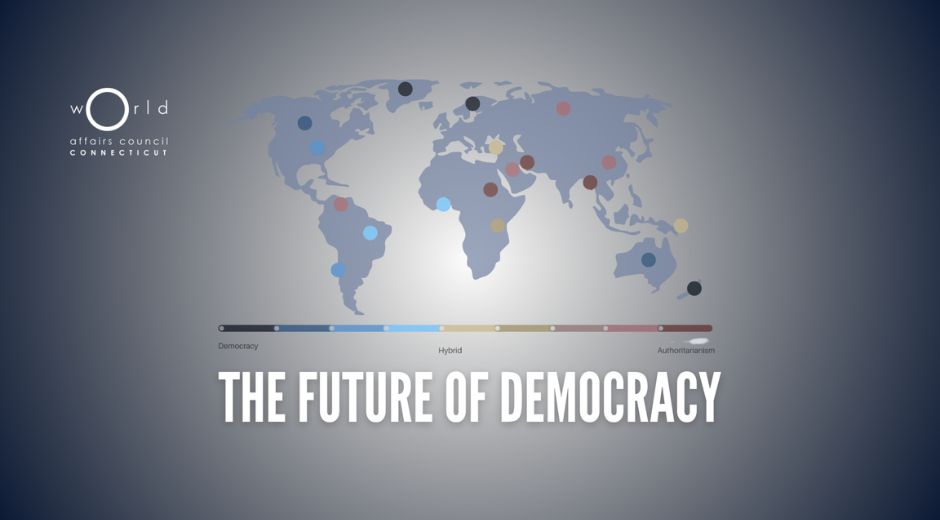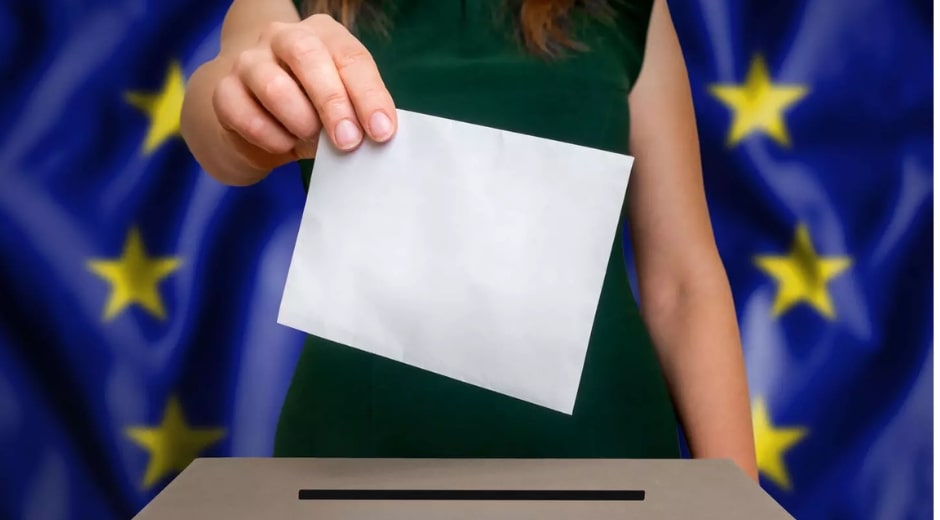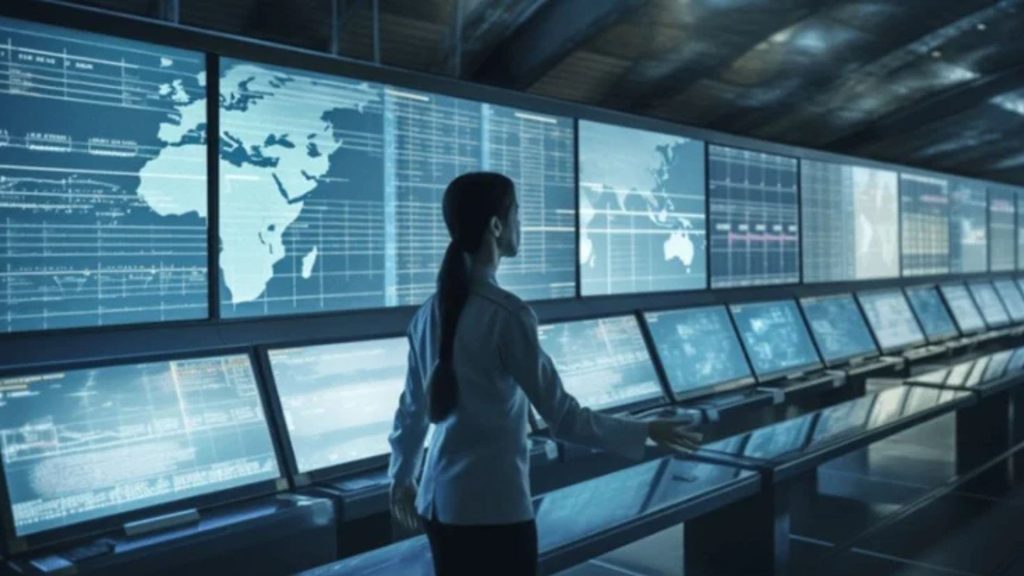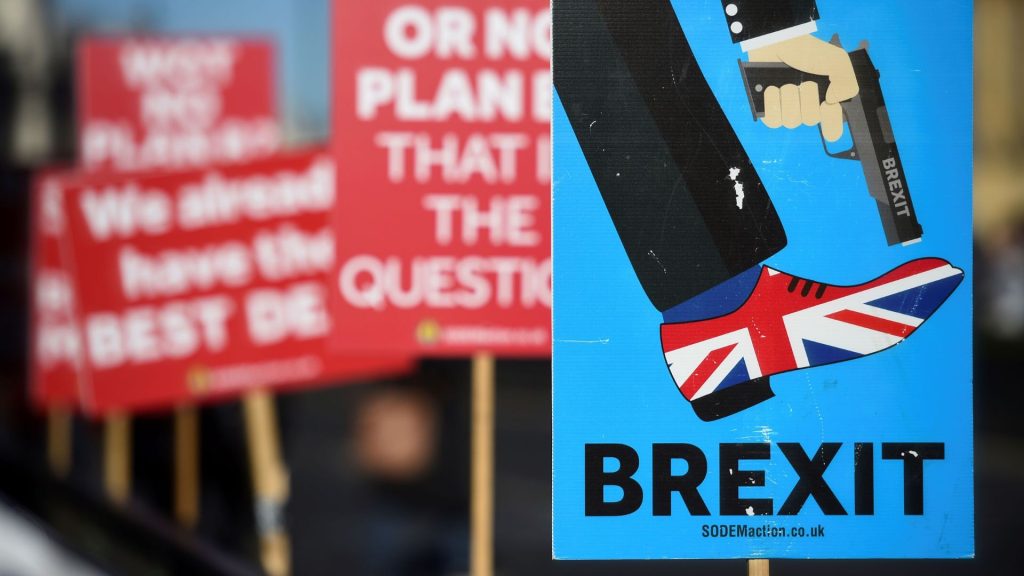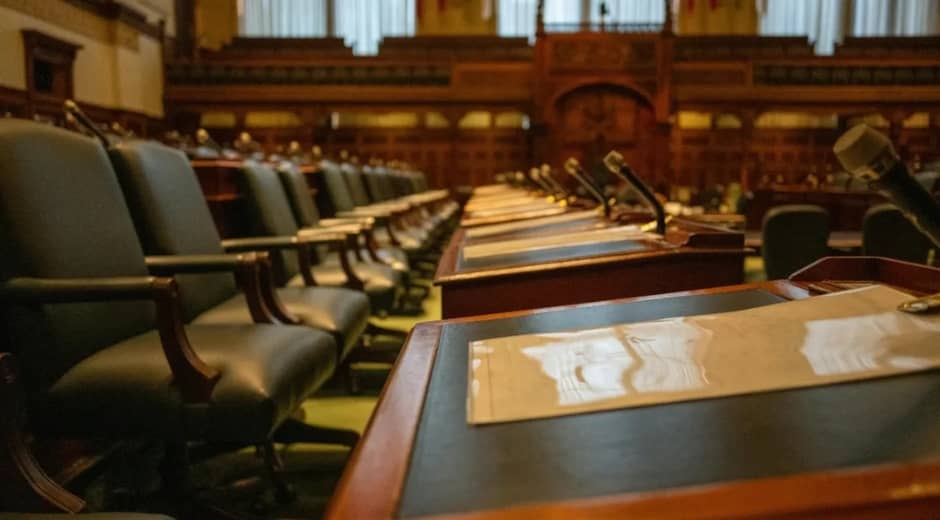Future of Democracy: Navigating Political Polarization in the Modern Era
Future of Democracy: Navigating Political Polarization in the Modern Era
The Crossroads of Democracy
The Future of Democracy is at a crossroads. Across the globe, political polarization is reshaping the way citizens engage with their governments and one another. From fierce social media debates to divided elections, democracies are being tested like never before. Understanding the causes and consequences of these divisions is vital to preserving democratic systems in the years ahead.
Digital Media and Division
Digital technology has transformed how people communicate and access information. But alongside its benefits, it has deepened political divides. Algorithms favor emotionally charged or sensational content, fueling outrage and reinforcing echo chambers. Citizens often consume information that aligns only with their existing beliefs, reducing exposure to diverse opinions.
This erosion of shared understanding weakens the Future of Democracy, making civil debate and compromise increasingly rare. The challenge is not just misinformation itself, but the growing inability of societies to agree on what constitutes truth.
Inequality and the Democratic Gap
Economic inequality continues to drive political tension. In many countries, the gap between the rich and the poor has widened dramatically, leading to frustration and populist movements. When citizens feel excluded from prosperity and political influence, they lose faith in institutions meant to represent them.
This disillusionment gives rise to radical leaders who promise quick solutions but often undermine democratic checks and balances once in power. The Future of Democracy depends on addressing these inequalities through fairer policies, inclusive growth, and transparent governance.
The Power of Education and Civic Engagement
Education remains one of the strongest defenses against polarization. Citizens who are well-informed and capable of critical thinking are less likely to fall for propaganda or extreme ideologies. Schools and civic programs must teach not only history and law but also media literacy and respectful dialogue.
Platforms like studyskillup.com/ provide excellent tools for improving analytical thinking and lifelong learning — both essential for building stronger democratic societies. Encouraging open discussion and participation at local and national levels ensures that the Future of Democracy remains vibrant and participatory.
Policy Challenges in Divided Societies
Political polarization also has deep implications for policymaking. Governments operating in highly divided environments often struggle to pass legislation or implement reforms effectively. Policy stagnation can exacerbate public frustration and reduce confidence in political systems. To ensure the Future of Democracy, leaders must prioritize consensus-building, transparency, and inclusive decision-making processes.
Civil Society and the Role of Media
Civil society groups and independent media play a vital role in holding governments accountable and bridging divides. When journalism is free and transparent, it empowers citizens to make informed decisions. However, when the media becomes politicized or restricted, polarization intensifies.
Strong democracies depend on journalists and citizens working together to expose corruption, challenge misinformation, and protect free expression. For regular analysis and political updates, readers can explore politicxy.com/ — a platform committed to unbiased political news and critical thought.
Technology, Leadership, and Global Challenges
Technology continues to shape modern politics in profound ways. Social media can divide, but it can also unite — when used responsibly. Digital tools can help communities organize, increase government transparency, and promote accountability. To secure the Future of Democracy, societies must use technology to strengthen participation rather than to manipulate or mislead.
Leadership is equally crucial. Political leaders who promote empathy, collaboration, and integrity can restore faith in democracy. In contrast, those who exploit division for personal or partisan gain deepen mistrust. The Future of Democracy will depend heavily on leaders who see beyond short-term politics and work toward long-term unity and stability.
Globalization adds another layer of complexity. Challenges like climate change, international migration, and economic competition require cooperative, democratic solutions. Yet, polarized nations often struggle to agree on common goals. By prioritizing diplomacy, inclusivity, and shared progress, countries can protect not only their own democracies but also the global democratic order.
Leadership and the Path Forward
The role of leadership is paramount. Political leaders set the tone for public discourse and model the values of democratic engagement. Leaders who prioritize unity, respect diverse viewpoints, and champion transparency can counteract polarization and strengthen democratic institutions. Their actions directly influence how societies navigate the challenges of a divided political landscape.
Conclusion: Safeguarding Democracy’s Tomorrow
The Future of Democracy will be defined by how well societies adapt to division, misinformation, and inequality. Education, civic participation, responsible media, and ethical leadership are the cornerstones of a strong democratic future. The road ahead may be difficult, but democracy remains the best system for ensuring freedom, accountability, and human dignity.
To stay informed and engaged in shaping that future, explore politicxy.com/ for political insights and visit studyskillup.com/ to strengthen your skills as an active, informed citizen. Democracy’s survival depends not only on governments — but on all of us.
The Pulse of Politics

Political Stability and Long Term Development
Political Stability and Long Term Development
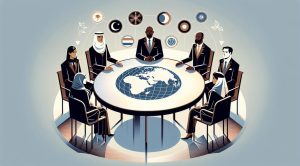
Global Governance in a Fragmented World
Global Governance in a Fragmented World
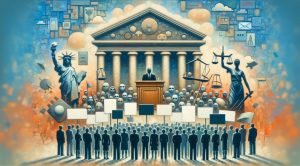
Civil Liberties Under Political Pressure
Civil Liberties Under Political Pressure

State Surveillance and Civil Freedoms
State Surveillance and Civil Freedoms
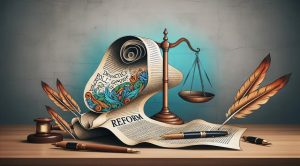
Policy Reform and Political Resistance
Policy Reform and Political Resistance
